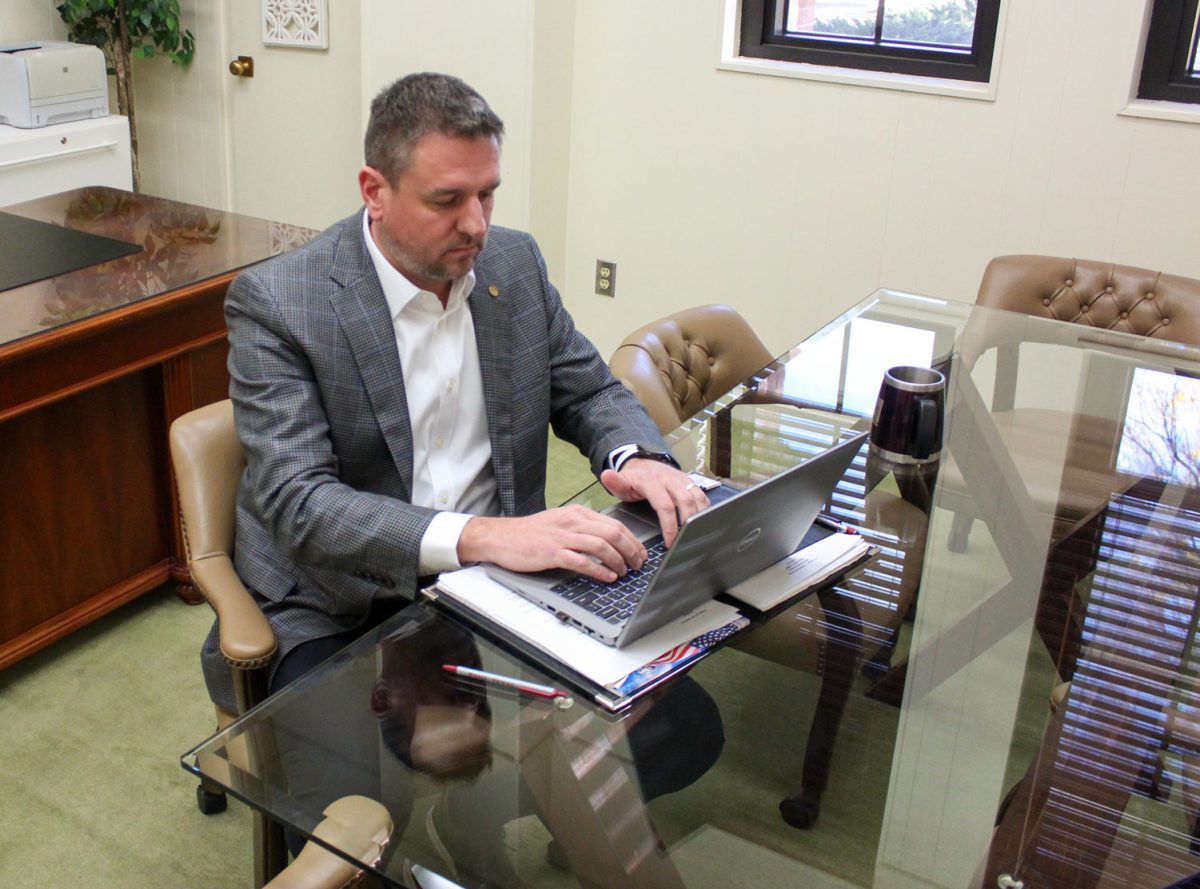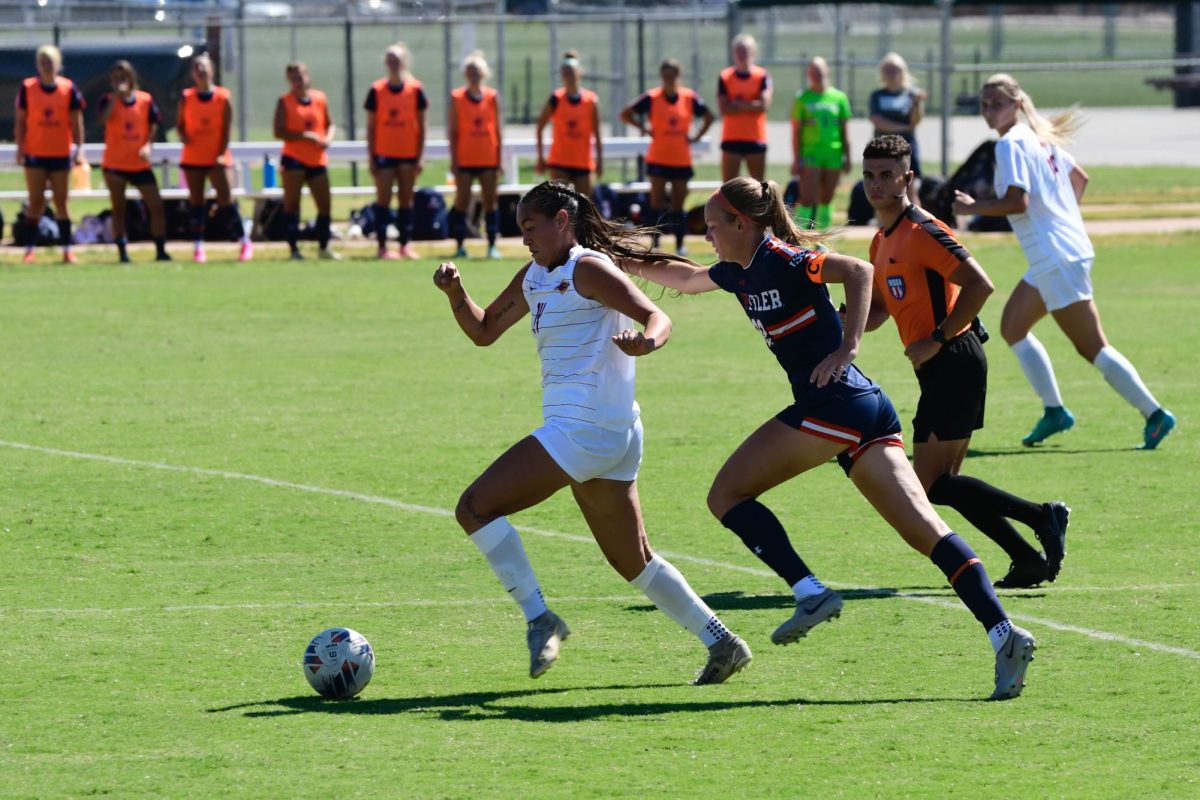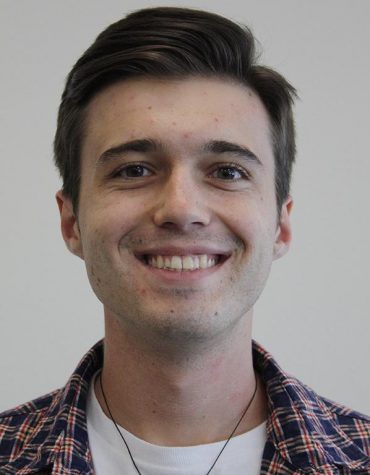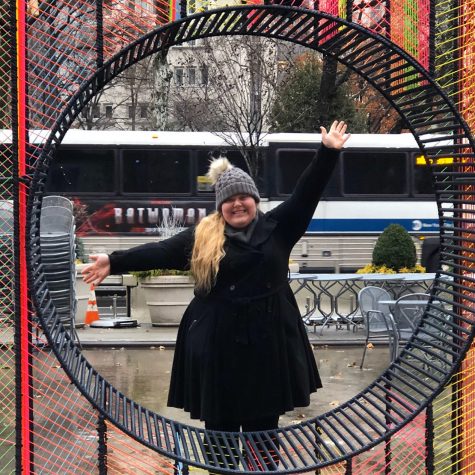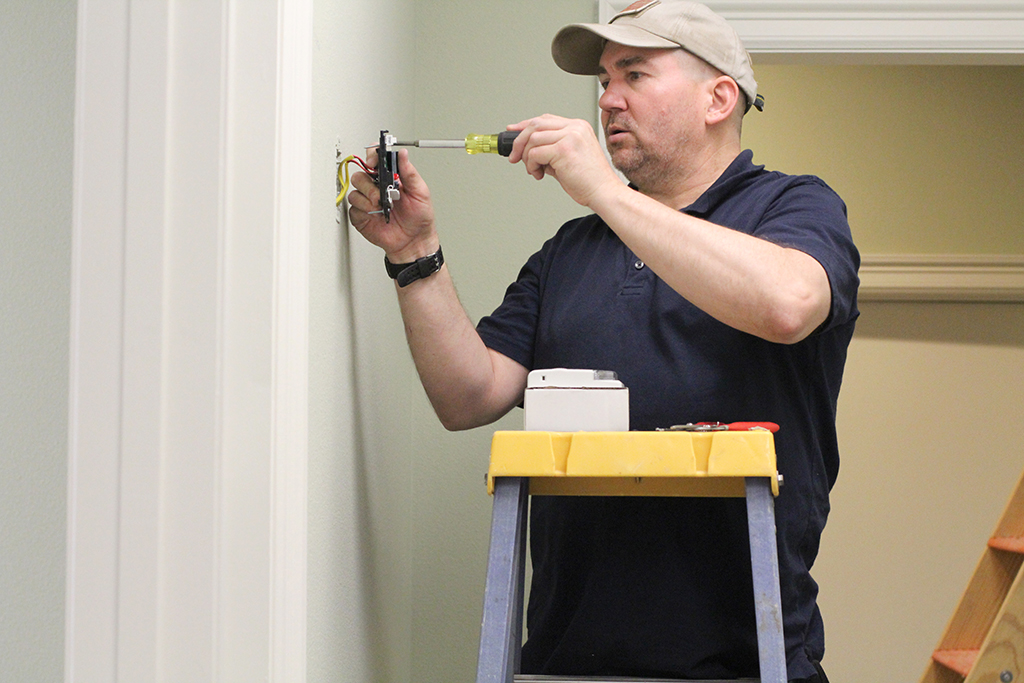
With plans of renovations, a new language lab, more inclusion and the possibility of culture-based cooking classes, these soon-to-be realities for faculty members of the Office of Housing and Office of World Languages and Cultures are accompanied by the preparations to move on-campus locations.
The Office of Housing will move locations to the Sunwatcher Clubhouse on March 2. However, if a scheduling problem occurs, Kristi Schulte, director of housing and residence life, said they will move offices by the end of spring break.
Their estimated cost to make the renovations to Sunwatcher averaged around $120,000.
“There were plans to relocate the housing office to Sunwatcher well before my arrival two years ago, and this year some funding plans fell in place and we will be moving to make room for the new language labs that are to be completed this semester and into the summer,” Schulte said.
How to keep program space in the new office after renovations was a concern for the faculty in the housing office, but Schulte said the renovation plans were carefully thought out and tailored accordingly.
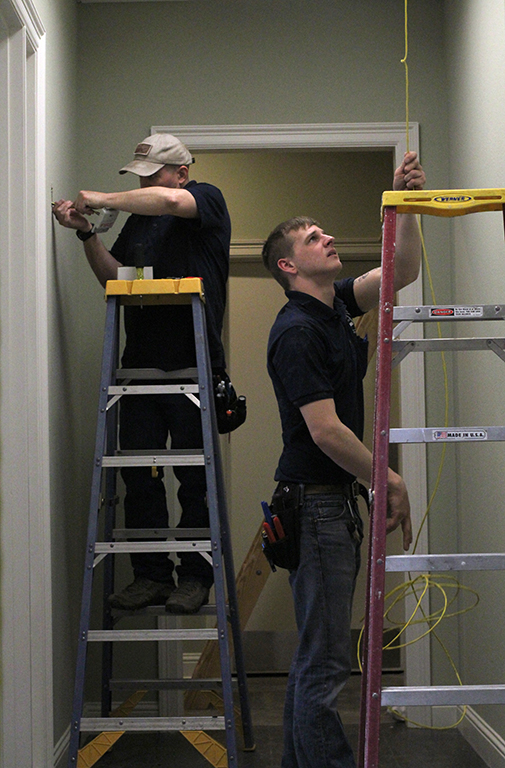
“When we re-designed the layout, it was important for us to recognize that that is used as a programming space, and when converting over to an office, we wanted to minimize the impact that would have on loss of programming space,” Schulte said. “What we ended up doing was re-designing the layout and the footprint of the floor plan, so the office space can be secured, and residence life staff will continue to have access to the classroom and now to a new conference room after hours.”
Resident assistants said the moving of locations is a good thing and will help utilize the space more effectively, and Sarah Wood, management junior, said, the plan is “good because Sunwatcher wasn’t really used a lot, especially the workout room, which “was kind of like a dead zone,” she said.
According to Lily Greeno, special education sophomore, the location will make it more accessible for on-campus residents to access.
“It’s smart because people will actually know where it’s located rather than being in a building full of classes,” Greeno said. “It’s easier and more accessible for the people that actually live on campus.”
After the housing office moves, the space will be renovated for the Office of World Languages and Culture to move in, and Jeffrey Oxford, chair of world languages and cultures, said he has been working on this project since he first started working in the fall of 2015 and that there are numerous plans set for the workspace.
“Our plans are to do a whole lot more with this space–that’s one of the reasons we wanted a bigger space–than simply the lab exercises for textbooks for our particular classes,” Oxford said. “We’re planning on setting up a stage so some of our upper level classes can put on dramas–that we can host for the public as well.”
Along with the plays, Oxford said he hopes the department can bring in speakers “from time to time” and have that as a speaker space. To further bring in excitement for the culture department, Oxford said he hope to use the kitchen space to teach culture-centered cooking courses.
“It has been a dream of ours, and several professors since I first came here in the fall of 2015 have been hounding me about wanting to teach cooking classes,” Oxford said. “The French and German professors, for example, want to have German food and French cuisine. And even some of the Spanish professors have mentioned wanting to have a cooking type class where exam these types of food and what not.”
One of the new additions faculty said they are looking forward to is a new language lab for classes, and Sarah Butler, instructor of Spanish, said the advancements will help grow the department.
“We plan to have a language practice section where we have 25 to 30 PCs equipped with headphones, microphones and possibly webcams,” Butler said. “We have been looking at a software product called Sanaco and that allows us to create a bunch of different activities for students practice their speaking skills and listening skills on the PCs.”
To Oxford, the old technology of the language labs have been disconcerting for students and faculty. As of now, students have to use cassette tapes to take listening quizzes which often times are hard for students to hear clearly. According to Oxford, “working on cassettes in this day and age is a little bit antiqued.”
“It’s funny, but when I came to interview here in the spring of 2013, I was working in Milwaukee at the University of Wisconsin, one of the things I specifically wanted to see was, ‘what kind of lab setup do you have for your students?’ In Milwaukee, we had a pretty good setup,” Oxford said. “The faculty who were leading me on a tour of campus absolutely refused to carry me over to see the lab. He said, ‘I will carry you anywhere on campus except there.'”
The labs help students hear the language they are studying, and Butler said she hopes to use the lab space to help with her class lectures and movie screening.
“When we have that lab part operational, I would take my elementary I and II classes there once a week to do practice speaking,” Butler said. “The nice thing about a lab setup is it allows students to be a little less intimidated than me trying to speak Spanish to them, and they answer. I can pair them in different types of pairings and they don’t even know who they’re speaking to because they are just using the headphones and the microphone.”









